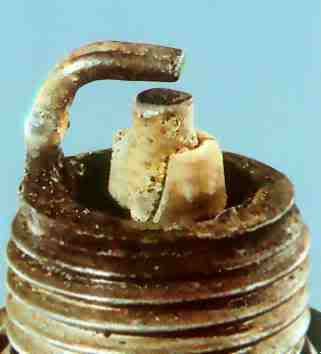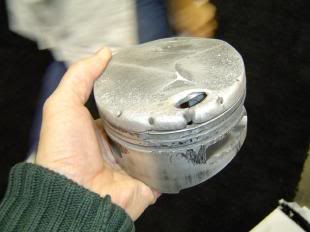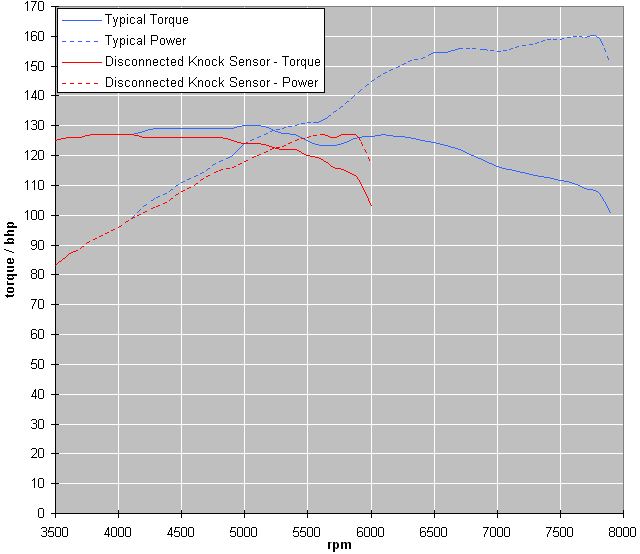Detonation
yes, i know what detonation means and why it can be caused, but i've never really heard it, i've been told that it sounds like bb's in the exhaust or rocks in a tin can, but does anybody have a video/audio of it? i'd really like to hear it.(this may not be the right section as am askin for video/audio)
1993 nissan 240sx hatchback(stock) <<drifter, straight liner, road courser
"Horsepower is the force that determines how fast you hit the wall. Torque is the force that determines how far you take the wall with you after you hit it."
"Horsepower sells cars, torque wins races" - Carroll Shelby
"Real cars don't make power at the front wheels....they lift them."




 Reply With Quote
Reply With Quote















